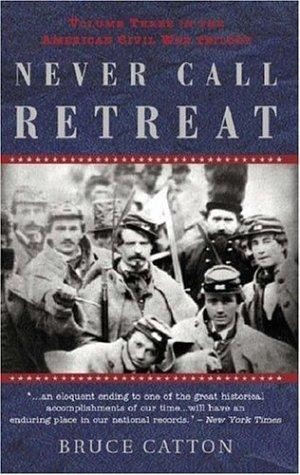

Most ebook files are in PDF format, so you can easily read them using various software such as Foxit Reader or directly on the Google Chrome browser.
Some ebook files are released by publishers in other formats such as .awz, .mobi, .epub, .fb2, etc. You may need to install specific software to read these formats on mobile/PC, such as Calibre.
Please read the tutorial at this link: https://ebookbell.com/faq
We offer FREE conversion to the popular formats you request; however, this may take some time. Therefore, right after payment, please email us, and we will try to provide the service as quickly as possible.
For some exceptional file formats or broken links (if any), please refrain from opening any disputes. Instead, email us first, and we will try to assist within a maximum of 6 hours.
EbookBell Team

5.0
68 reviews"A magnificent stylist . . . a first-rate historian. Familiarity with subject matter resulting from many years of study and narrative talents exceeding those of any other Civil War historian enable him to move along swiftly and smoothly and produce a story that is informative, dramatic, and absorbingly interesting." —Dr. Bell I. Wiley, after reading the manuscript of Never Call Retreat
The final volume of Bruce Catton's monumental Centennial History of the Civil War traces the war from Fredericksburg through the succeeding grim and relentless campaigns to the Courthouse at Appomattox and the death of Lincoln.
This is an eloquent study of the bitterest years of the war when death slashed the country with a brutality unparalleled in the history of the United States. Through the kaleidoscope tone and temper of the struggle, two men, different in stature, but similar in dedication to their awesome tasks, grappled with the burden of being leaders both in politics and war. In the north Lincoln remained resolute in the belief that a house divided against itself could not stand. His determination and uncanny vision of the destiny of the country and its people far transcended the plaguing tensions, fears, and frustrations of his cabinet and Congress. Mr. Lincoln’s use of vast resources is brilliantly contrasted to Davis’s valiant struggle for political and economic stability in a hopelessly fragmented and underdeveloped south. Though Davis never lacked for spirit and dedication, his handicaps were severe. This was not a war to be won by static ideals and romanticism. As Mr. Lincoln managed to expand and intensify the ideals that sustained the Northern war effort, Mr. Davis was never able to enlarge the South’s. This was a war to be won by flexibility in though, strength in supplies, and battles. And so they were fought––Fredericksburg, The Wilderness, Chancellorsville, Vicksburg, Gettysburg.